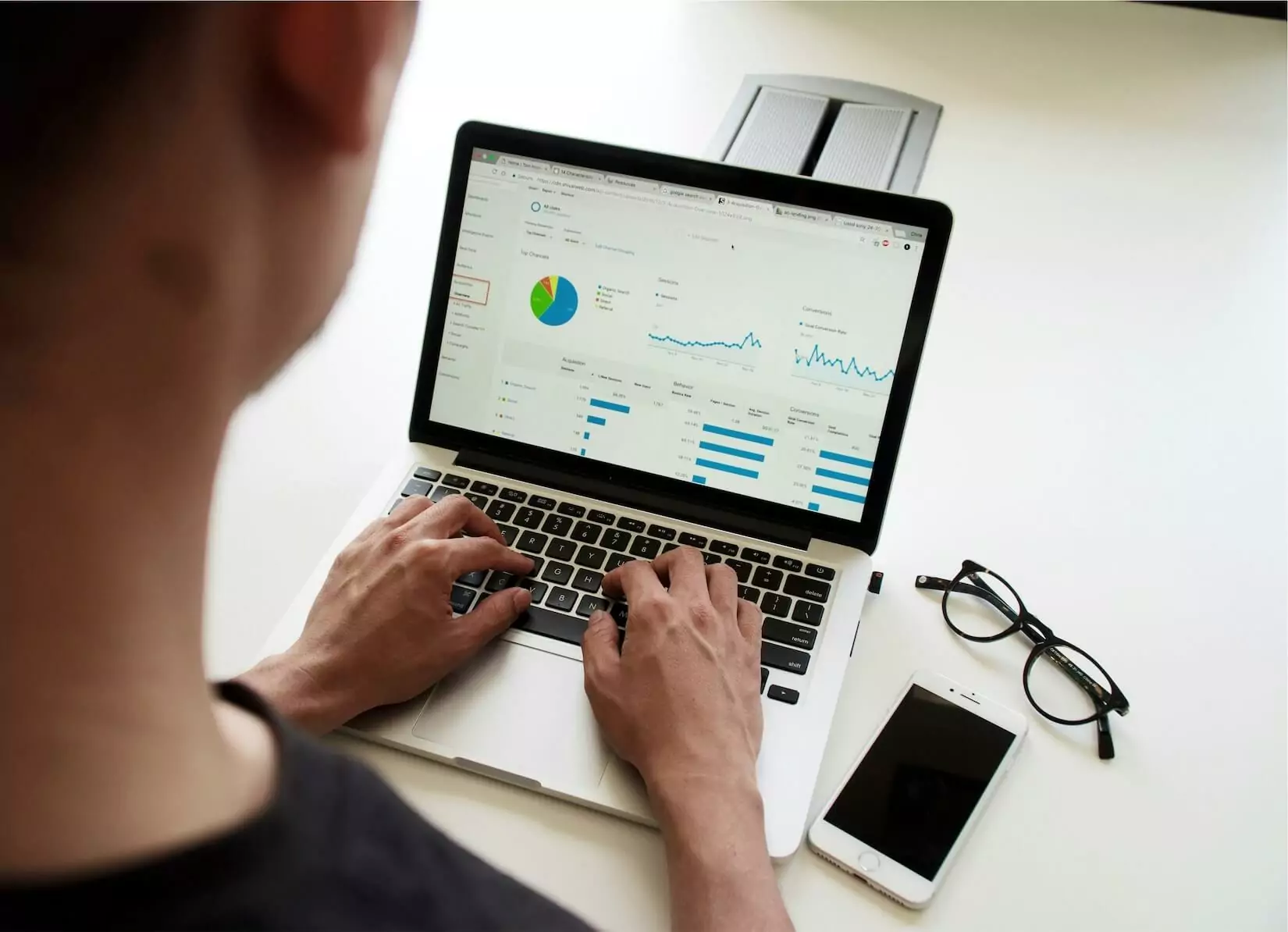Outsourced Accounting- This is the topic that many business owners and CEOs are researching. Carrying out necessary business functions such as recording accounting data and statistics is a time-consuming task that owners today have no time for. The time owners spend recording business data can be used for other vital tasks vital to the performance of the business.
Business owners are continuously looking for ways to propel their business forwards. Any indicator that can contribute positively to the company gets the attention of the owners. One trend that corporations are very quickly catching on to is that of outsourcing accounting functions.
While the argument in favor of looking after all factors yourself is tempting, there are many advantages of outsourcing specific functions. As this blog will prove, this is particularly true for accounting and payroll services.
Before we discuss the benefits of outsourcing and the reason why it is becoming a favorite, let’s take a closer look at the principles of outsourcing.
What is Outsourcing?
The simple definition of outsourcing is to provide business operations to a company outside of your own. The reason why businesses take this route is that they want to free time for the more important functions of the company.
Outsourcing a task steadies the operations of a business as professionals who specialize in the field look after them.
One operation that businesses trust professionals to handle is finance and accounting. As of 2018, $33 billion was spent worldwide by firms outsourcing finance and accounting processes. The statistic has grown by 25% in the last 5 years, and it seems like the numbers have no plan of dropping in the coming years.
In the quest to understand the reasons why businesses are willing to hand over their operations to professionals, we need to understand the benefits of the act. Here are some of the significant benefits of outsourced accounting.
Advantages of Outsourcing Accounting and Payroll
The cost advantages one earns from outsourcing is the obvious reason to consider outsourcing. However, the story does not end here; there are several other benefits that you should consider too.
1. Saves Time
The first is correct for outsourcing all business functions. Regardless of the operation you decide to let go of personally, the one benefit that is the same for all is time. Hiring a service to deal with the accounting operations of business provides you with the opportunity and the time to focus on other areas of a business.
Traditionally accounting and payroll take time. Letting go of this operation will free time for the owner to observe the delicate aspects of the business. The growth of the company means a surge in the size of operations and staff numbers. This further enhances the complexity of recording transactions, making accounting and payroll a more time-consuming task.
By outsourcing your accounting and payroll operations, you end up saving time that can be used for core tasks.
2. Reduction in Overhead Costs
Traditionally, the counter-narrative to outsourcing relies on the affordability and capability of the owner. Many traditionalists believe that a field an owner feels confident handling should be left for the owner to deal with. For example, many business owners ask why they should hire an outsider when they can do the job just fine on their own.
To be honest, this is a fair question. However, in reality, outsourcing can save you more money in the long run by reducing overhead costs.
Outsourcing accounting functions allow you to save more for the business by paying a fixed amount for the services.
3. Improves Data Security
One thing that business owners of today often forget is the importance of securing their data. Regardless of how good your accounting operations are, you are still reliant on the security of the software, servers, and networks.
A network crash or an untoward incident could end in a catastrophe as you may end up losing business information. Successful companies spend millions on securing their essential data, but this option is not feasible for small business owners.
This is another reason why more and more companies are looking at professionals to deal with their data. By outsourced accounting, you preserve your vital business information, as these companies have already invested money into highly secured servers using the best encryption technology.
Many might question investing in the same technology; however, the cost of doing so exceeds that of outsourcing by great folds. These outsourcing services already have the necessary data security you need leaving you at peace when putting data in their hands.
4. Outsourcing Accounting Gateway to a Variety of Services
One of the other advantages of using outsourcing accounting is that it opens up different avenues for the user.
You may expect the service to do the usual stuff, which includes calculating tax or payroll; however, an excellent outsourcing service will also provide you with other benefits. The facilities provide you with more than just the basics which you have access to initially. Plus, you should keep in mind the contact generation and the bookkeeping services that are part of the bargain.
Even having access to mobile apps and on-the-go options is a value-added benefit.
5. Outsourcing Accounting Helps You Make Better Decisions Faster
Accounting information is essential for making better business decisions. This is information that all business owners unanimously agree on.
It can be challenging for the owners to make a quick decision when they have to record and assess the numbers first. The time lost recording the entries further impacts the business by delaying important decisions.
When you use outsource accounting, you are taking advantage of reliable information in an easily digestible manner. After all, this is why you are paying all that money to the experts. The information allows your business to grow by giving you the time to make decisions.
The list of benefits is one that is never-ending; however, those mentioned above are the primary reasons why businesses tend to outsource accounting functions.
As mentioned before, the outsourcing trend is really catching on as more entrepreneurs are looking for ways to get rid of the accounting operations.
Let’s take a look at the major reasons why the trend is “in” right now.
1. Emerging Business Process
Since the industrial revolution, companies have looked for ways to gain a competitive advantage over their rivals. The model during most parts of the 20th century relied on a large integrated company managing and directly controlling its assets by itself. Diversification was the first real idea that led to the broadening of the corporate bases and created the advantage of economies of scale.
The need for specialization meant that more and more people now came with specialized skillets’. Companies looking to compete globally by the end of the 20th century were not agile enough to meet the challenges of the business environment. Given the rise of specialization, companies developed a new strategy that identified critical processes and the ones that need outsourcing.
Outsourcing was not formally recognized as a business venture until the late 90s, and since then, it has become increasingly popular. The advent of social media has allowed developing businesses to connect with many of their outsourcing partners. This provides specialized companies with the chance of offering services of their skill.
A decade ago, it was almost impossible for a fledgling business to outsource operations. However, the digital connection available today has allowed young companies to explore different avenues by outsourcing.
One of the major functions quite commonly outsourced by the growing business is accounting and payroll. The reasons for doing so are evident with the benefits of the action, as it provides the owner with valuable time and cost reduction.
Like the growing trend of digital marketing, outsource accounting is also becoming a favorite amongst users. The trend is also referred to as facilities management as it contracts out primary functions to the specialized and efficient service provider. Businesses that are part of the trend are satisfied with the decision, prompting other new companies to take up the direction.
2. The High Cost
Outsource accounting saves the business from high costs that would otherwise drain the resources of the company.
The cost of recording business transactions manually is not necessarily tangible, but in the long run, it does affect the performance of the business. The time consumed and the delays in decision making are aspects that are no less than any other cost.
Additionally, an unchecked error in the accounting process can overstate or understate the numbers of a business. With passing time, owners and entrepreneurs realize the significance of time and effective decision making. The realization and the fear of losing a competitive edge to the business rivals is the main reason why businesses today are looking to outsource accounting.
3. The Need for Efficiency
Another reason why businesses are taking the road leading to outsourcing is because of the need for more efficiency. Seeking competitive advantage companies are continuously in search of methods that can edge out their competitors.
In addition to saving time and avoiding delays in decision making, outsource accounting allows you to pay direct deposits to your employees. Not only does this keep the employees happy; it also ensures efficiency in your business machinery.
A happy staff is vital to the success for a business. Offering them direct deposit services with the help of efficient accounting services is enough to keep them happy. The happier the staff, the more efficient the workforce.
Direct deposit, however, is not the only way to increase the motivation levels of your staff. It is one of the tips that you can use with the help of outsourced accounting.
When to Look to Outsource Operations
For all new business owners, it is crucial to be aware of all the trends and practices in the industry. However, the strategies used by other and much larger businesses are not necessarily meant for small businesses. Owners of small companies should not follow a trend just because everyone around them is doing so.
Many business owners don’t know the right time to consider outsourcing; this is why we have made a list of factors that you should consider.
- Visions and goals are delayed because you spend more time functioning as a bookkeeper than a CEO.
- The back-office staff responsible for handling accounts has no separation of duties, which ends up exposing your business to risk.
- Financial Reports are more toward compliance and tax compliance, and not towards managing your business.
- Base business decisions on gut feel rather than data
- Business is growing
- Concerns on handling the cash flow
Another factor that you should consider is the time you outsource your accounting functions. Many businesses believe that the quarter-end or after you are done filing your taxes is the best time to outsource an operation.
The downside of waiting for these timelines is that it delays receiving valuable data, saved money, and extra time that comes with a smart back office.
Conclusion
Outsourcing is a scalable solution that allows your business to grow. The reasons discussed in the blog explain why outsourcing accounting function is the need of the hour today. The factors are enough to convince small-businesses who consider the operation a peril that is dangerous to a business.
When choosing an accounting service to manage your financial details, it is crucial to inform the company of the scale of the operation. Showing them the “big picture” is detrimental to the success of the venture as they can now assist you in explaining where the money is going.
Many individuals think that they can manage their books on their own, but in the end, the exercise starts affecting other facets of the business. To avoid the consequences of this phase, it is crucial to outsourcing the accounting functions.
Chris Giorgio is the President of Fully Accountable. Fully Accountable is an outsourced accounting firm specializing in eCommerce and digital businesses. Chris has served as a CPA, CFO and has over 14 years of experience in the accounting and finance industry. Chris has dedicated his career towards helping entrepreneurs and high-level business owners achieve greater profitability through specialized outsource accounting functions.





